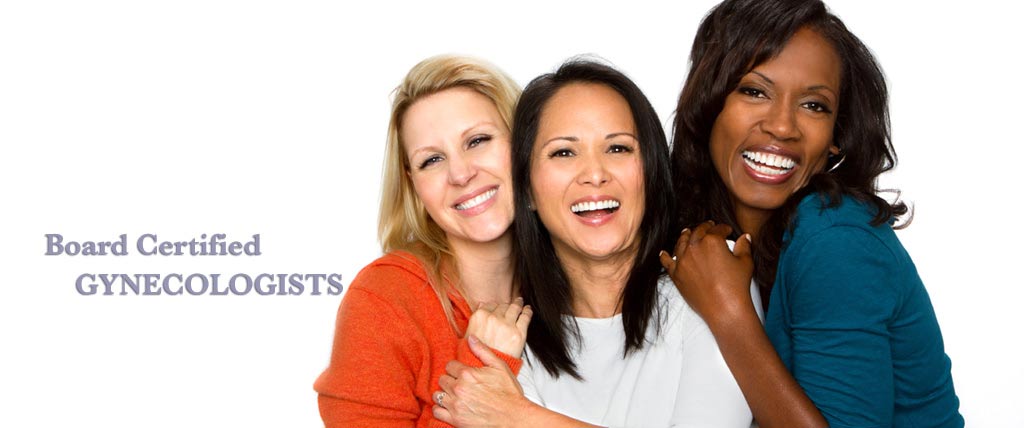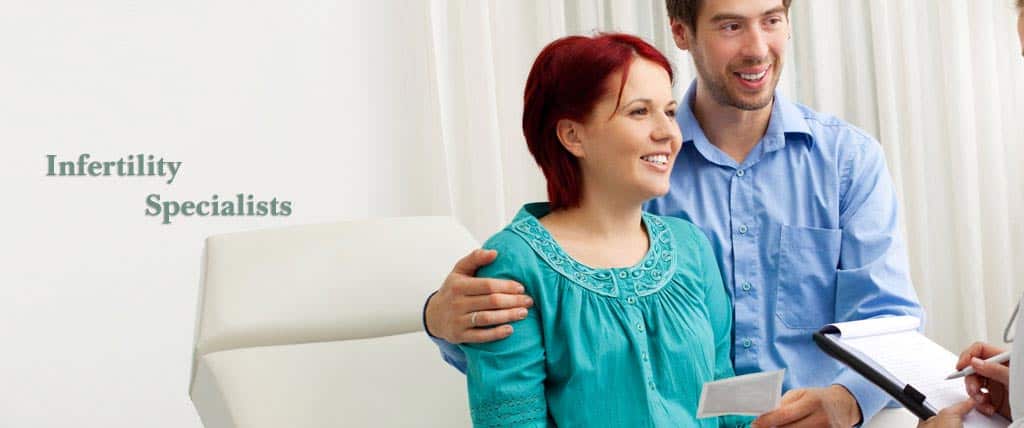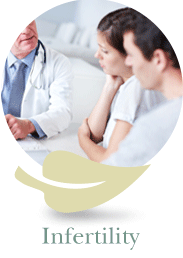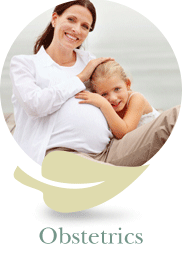Your OB/GYN in Texas
When we first came together, we thought long and hard about what we should call ourselves. A name with “OB/GYN” in it seemed to be the logical choice. But stepping back, we agreed we were about something different, something much bigger. We are about women’s health. The entire life road of it.
So we named ourselves Women’s Health Medical Group and dedicated ourselves to giving you choices about wellness, gynecology, infertility and obstetrics. Today, we remain committed to providing Texas residents with the highest quality OB/GYN services throughout every stage of their life. Thank you for choosing us.










